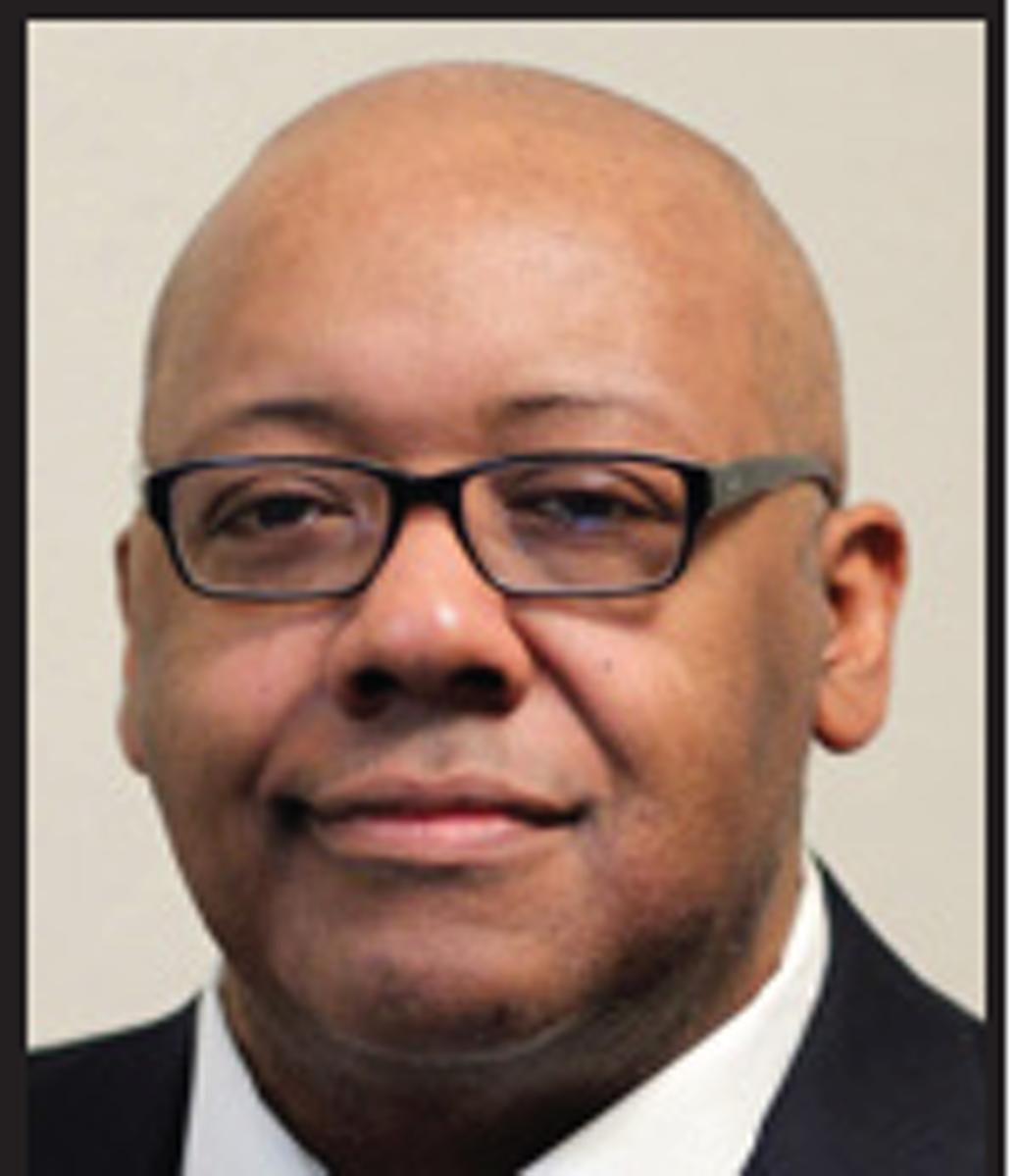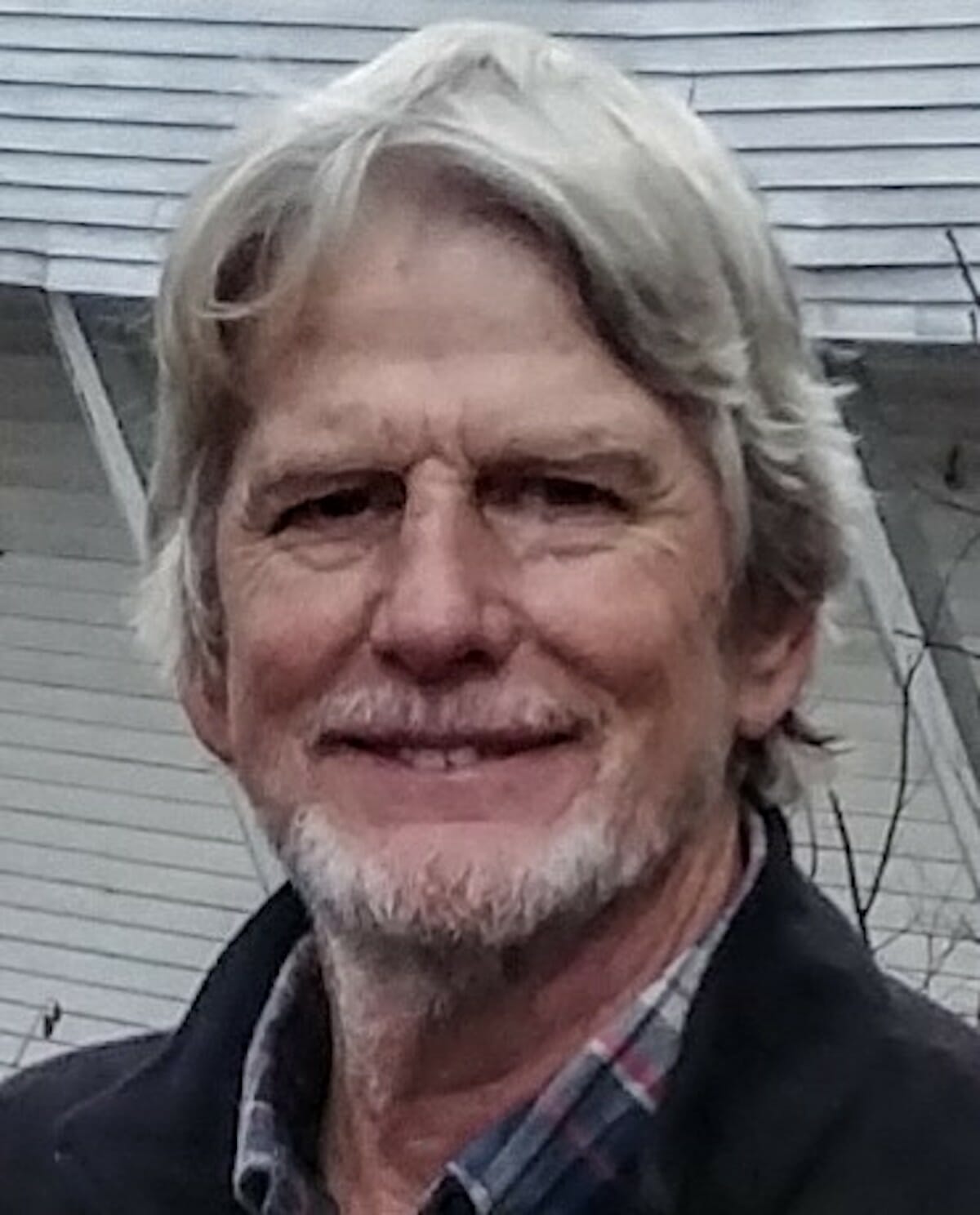By Scott Graber
On Tuesday, Ernest F. “Fritz” Hollings was buried.
Many remember Hollings as the tall, photogenic, gravel-voiced senator who went up to Washington in the 1960s. Some remember he was South Carolina’s governor. And those folks who routinely read the Island News know that our own Billy Keyserling ran his presidential campaign in 1983.
But Hollings was more complicated, and more interesting than his resume.
In the summer of 1967 I was living in Charleston and played recreational tennis using the HarTru courts at The Citadel — the college where I had just graduated. And from time to time, I would play (doubles) with Fritz Hollings.
In those days, the newly minted Senator also was well known, and sometimes vilified, for playing tennis with Bobby Kennedy and his wife, Ethel, at their home at Hickory Hill. Those games sometimes included Paul Newman, Teddy Kennedy and other left-leaning folks who were in the gravitational pull of the Kennedy clan.
His ‘collaboration’ with the enemy was routinely brought forward when Fritz ran for re-election. Furthermore, his occasional left-leaning votes in the Senate were also highlighted and “flip-flopper” was the term used in opposition advertising.
About this time Bobby Kennedy, now a senator from New York, became interested in hunger and malnutrition and decided he was going on tour.
Kennedy decided that our own Jasper County would be a great place to start. When Fritz Hollings heard this he thought this was a bad idea.
Writing, in his autobiography “Making Government Work,” he said:
“At this point, I had had enough. ‘Now look here,’ I shouted ‘You go down there, and I’m going to get on a plane and go straight up to Harlem. I’m going to call every TV station, and I’m going to walk through Harlem for four or five days, everywhere I can, and find every rat eating every child’s eye out. And everywhere I go I’m going to say why isn’t Kennedy here?’ ”
After this call Bobby, apparently upon reflection, decided to forego Jasper County in favor of Kentucky. And Fritz, having avoided embarrassment, might have gone back to tennis.
But Hollings was also obsessed with hunger and malnutrition and believed that food stamps (legislation slowly working its way through Congress) would be a good place to start.
“It still stuns me to think that there I was in 1969, in South Carolina’s Lowcountry, in Beaufort County, standing in another shack that housed fifteen black people. It had no heat, no running water, no bath, no toilet, inside or out. The cracks in the wall were covered by old copies of the Savannah Morning News. The total store of food in the shack consisted of a slab of fatback, a half-filled jar of locally harvested oysters, and a stick of margarine.”
And in this cause, Fritz was on his own.
“Mendel Rivers, the popular and powerful Congressman who represented the First Congressional District, including Beaufort and Charleston, described me as ‘Hookworm Hollings.’ And added, ‘I have no intention of immortalizing poverty or dishing out food stamps.’ ”
Fritz also worried about health care. In his autobiography, he also said:
“The poor were not only hungry, but without a hospital. Even the ones nearby would turn them away. Working with Dr. Tom Bryan and Sarge (Shriver), the OEO instituted the Beaufort-Jasper Comprehensive Health Center, the first such facility in the nation. It could take care of the hungry poor for about a third of the established hospitals.”
It would be mistaken to say that Fritz was not concerned with the polls — he loved the Senate and wanted to stay there.
So, as re-election approached, he would modify his positions in order to placate South Carolina’s conservative Upstate. Perhaps he would cut-back on his tennis matches with Teddy.
Notwithstanding these shifts, I think most voters knew that Fritz was better informed than they were. And so they let Fritz have his votes—votes that they would not have cast—believing that maybe, just maybe Hollings knew more about the issues than they did.
But here’s the thing — there are no more Fritz Hollings out there. These days our senators first look to their in-house house pollster — then vote accordingly.
On Tuesday, we buried a good, fine man who gave South Carolina governance way beyond his weight class.





